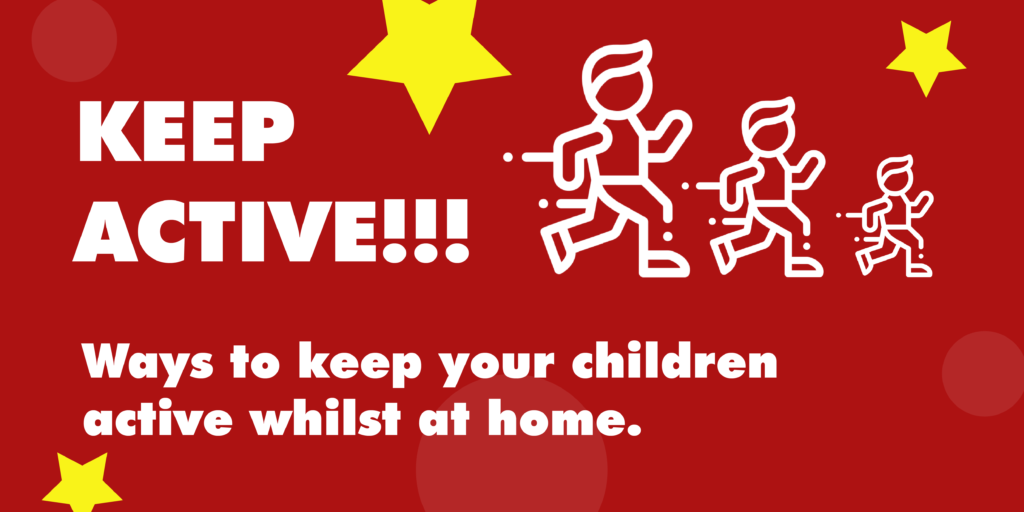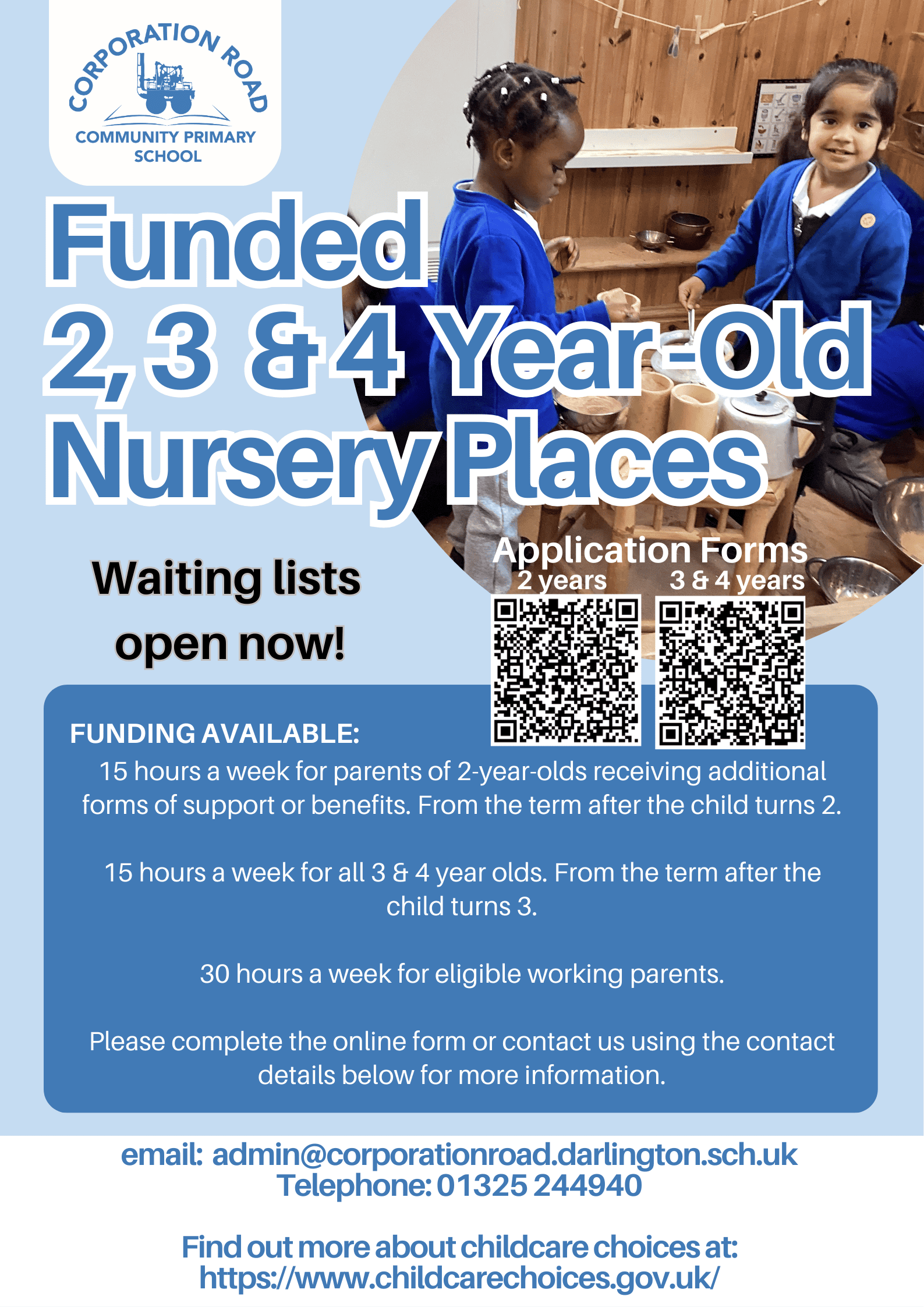Class 10
Welcome to the Class 10 Page.
Hope you have had a nice weekend.
For this week’s school work please look at the details below.
CPSClass10@corporationroad.darlington.sch.uk
Week Commencing 25th May
| READING |
| WRITING |
Spelling
Here are your spelling rules for this week and the words you need to practise.
Year 3
Suffix – ous
dangerous, famous, enormous, humorous, glamorous, courageous, curious, hideous and courteous.
https://spellingframe.co.uk/spelling-rule/16/11-The-suffix-ous-1-of-2
Year 4
Common exception words
eight, eighth, enough, exercise, experience, experiment, extreme, famous, favourite and February.
https://spellingframe.co.uk/spelling-rule/46/28-Word-list-years-3-and-4—ei–to-fe-
Practise writing the words and write the words in sentences to make sure you understand what the words mean.
You can also use the following website to practise your spelling rule by playing games.
Writing
This week, I would like you to complete some activities around this picture:

The Author
Monday
Answer the following questions:
Who is the author and why has he written these books?
What type of books do you think they are?
Why is he worried about what people will think of them? Who is it that will read them?
Why is he so small/why are the books so big?
Why are butterflies carrying them?
Where do you think they have been written?
Who does the table belong to?
Tuesday
Design a front cover for one of the books. You’ll have to think hard about what the book might be about.
Wednesday
Write some sentences that use two adjectives before a noun. Remember to use a comma to separate the adjectives (because they are in a list).
e.g. The butterfly beat its bright, colourful wings.
Thursday
Make the following sentences even better (like we do when we edit and improve).
The butterfly flew up.
The books were heavy.
A man sat on the books
Friday
Write a story about the picture. Here is a starter for you.
They slowly began to lift of the table. The butterflies beat their delicate but powerful wings, a blur of orange, black, yellow and white as they heaved the bundle upwards.
Beneath their flapping wings was an important package. Trapped in a world od words, the author has slaved for many months over these books and he now reflected on what would become of them.
Would they be met with joy and laughter? Or, perhaps, sorrow and tears would be the outcome. Only time would tell…
When writing your story don’t forget to include the following:
- Full stops and capital letters
- Subordinating conjunctions (if, so, because, when, which, however etc.)
- A variety of sentence openers
- Prepositions (before, after, during, in, because of)
- As well as anything else you usually include in your writing.
| MATHS |
Week Commencing 18th May
| READING |
| WRITING |
| MATHS |
Week Commencing 11th May
| READING |
| WRITING |
| MATHS |
Week Commencing 4th May
| READING |
| WRITING |
| MATHS |
Week Commencing 27th April
| READING |
| WRITING |
Spelling
Here are your spelling rules for this week and the words you need to practise.
Year 3
Homophones and Near Homophones
grate, great, groan, grown, he’ll, heal, heel, here and hear.
Year 4
‘s’ sound spelt ‘sc’
science, scene, discipline, fascinate, crescent, ascent, scent, descent and scissors.
Practise writing the words and write the words in sentences to make sure you understand what the words mean.
You can also use the following website to practise your spelling rule by playing games.
Writing
For your reading, you will be reading ‘The Tale of Peter Rabbit’. Write a retell of the story. Remember to use paragraphs to organise the events.
When writing your diary don’t forget to include the following:
- Full stops and capital letters
- Questions
- Subordinating conjunctions (if, so, because, when, which, however etc.)
- A variety of sentence openers
- Prepositions (before, after, during, in, because of)
- Plus anything else you usually include in your writing.
Don’t forgot to check your writing for missing words, spelling and punctuation.
| MATHS |
Week Commencing 20th April
| READING |
| WRITING |
Spelling
Here are your spelling rules for this week and the words you need to practise.
Year 3
Homophones and Near Homophones
not, knot, mail, male, main, mane, meet, meat, medal, meddle, missed and mist.
https://spellingframe.co.uk/spelling-rule/51/22-Homophones-and-near-homophones-2-of-4
Year 4
Words ending in ure
Measure, treasure, pleasure, enclosure, creature, furniture, picture, nature and adventure.
https://spellingframe.co.uk/spelling-rule/14/9-Words-with-endings-sounding-like-ture
Practise writing the words and write the words in sentences to make sure you understand what the words mean.
You can also use the following website to practise your spelling rule by playing games.
Writing
For your reading, you will be reading ‘George the Giant Tortoise’. Write a retell of the story. Remember to use paragraphs to organise the events.
When writing your diary don’t forget to include the following:
- Full stops and capital letters
- Questions
- Subordinating conjunctions (if, so, because, when, which, however etc.)
- A variety of sentence openers
- Prepositions (before, after, during, in, because of)
- Plus anything else you usually include in your writing.
Don’t forgot to check your writing for missing words, spelling and punctuation.
| MATHS |
Week commencing, 13th April
| READING |
| WRITING |
Spelling
Here are your spelling rules for this week and the words you need to practise.
Year 3
Homophones and Near Homophones
accept, except, ball, bawl, berry, bury, break, brake, fair and fare.
https://spellingframe.co.uk/spelling-rule/24/21-Homophones-and-near-homophones-1-of-4
Year 4
Common Exception Words
accidentally, actually, address, answer, appear, arrive, believe, bicycle, breath and breathe.
https://spellingframe.co.uk/guest/word-list/24428
Practise writing the words and write the words in sentences to make sure you understand what the words mean.
You can also use the following website to practise your spelling rule by playing games.
Writing
For your reading, you will be reading about Howard Carter. Write a diary entry from Howard Carter’s perspective about him discovering Tutankhamun’s Tomb. In your diary, you could include:
- An introduction to say what your diary is about
- A paragraph about before the discovery
- A paragraph about the discovery
- A paragraph about after the discovery
- A conclusion to sum up your main points
When writing your diary don’t forget to include the following:
- Full stops and capital letters
- Questions
- Subordinating conjunctions (if, so, because, when, which, however etc.)
- A variety of sentence openers
- Prepositions (before, after, during, in, because of)
- Plus anything else you usually include in your writing.
Don’t forgot to check your writing for missing words, spelling and punctuation.
| MATHS |
Week commencing, 6th April
| READING |
| WRITING |
Spelling
Here are your spelling rules for this week and the words you need to practise.
Year 3
Common Exception Words
forward, fruit, grammar, group, guard, guide, heard, heart, height, history, imagine, increase, important, interest, island, knowledge and learn.
https://spellingframe.co.uk/guest/word-list/23818
Year 4
g spelt gue and k spelt que
league, tongue, antique, unique, plague, dialogue, rogue, vague, catalogue and monologue.
Practise writing the words and write the words in sentences to make sure you understand what the words mean.
You can also use the following website to practise your spelling rule by playing games.
Writing
In school, we have been learning about Europe. This week, I have chosen a text about Spain to further develop your knowledge about Europe. Read the Exploring Countries: Spain text (reading lesson). Write a letter to Miss Kelly about whether or not you would like to visit Spain. You could use the knowledge you already have do some more research. In your letter, you could include:
- An introduction to tell Miss Kelly why you are writing
- A paragraph about whether you would like to visit Spain or not
- A paragraph about one of the reasons why/why not you would like to visit Spain
- A paragraph about another reason why/why not you would like to visit Spain
- A conclusion to sum up your main points
When writing your letter don’t forget to include the following:
- Full stops and capital letters
- Questions
- Subordinating conjunctions (if, so, because, when, which, however etc.)
- A variety of sentence openers
- Prepositions (before, after, during, in, because of)
- Plus anything else you usually include in your writing.
Don’t forgot to check your writing for missing words, spelling and punctuation.
| MATHS |
Week Commencing 30th March
| READING |
| WRITING |
| MATHS |






